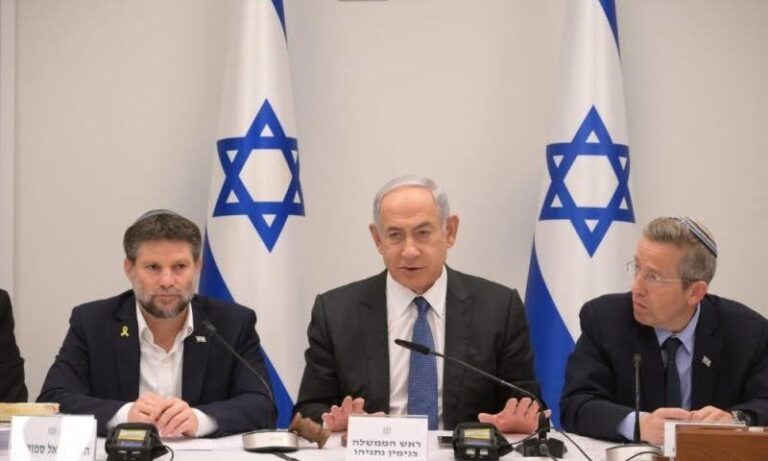In the second of this week’s two Sedros Moshe Rabeinu tells Klal-Yisroel that he has reached his 120th birthday and that he can no longer continue to lead Klal-Yisroel. Moshe Rabeinu informs Klal-Yisroel that they are about to cross the Yarden (Jordan River) into Eretz-Yisroel, but that Hashem has decreed that he, Moshe Rabeinu, would not cross it. After this minor introduction Moshe Rabeinu proceeds with his last preaching to Klal-Yisroel. Why did Moshe Rabeinu feel it necessary to preface his final words with these three messages (his reaching 120, their forthcoming crossing of the Jordan, and that he would not be accompanying them across)?
Moshe Rabeinu’s preface to his final words to Klal-Yisroel is followed by an equally puzzling preface given by the Torah. The Torah tells us “וילך משה“(“and Moshe went…”). The Zohar Hakadosh asks: where did Moshe Rabeinu go?
Reb Tzadok HaCohen offers the following answer to the latter question: Reb Tzadok explains that the difference between Malachim (Angels) and people is that Malachim are Omdim (‘standing still’) and people are Holchim (‘going’). An Angel exists to carry out a specific mission for Hashem. He has no leeway, no room to maneuver, or change: his sole mission is fulfilling a specific mandate from Hashem. A person, on the other hand, is constantly growing and rising to new challenges. A person goes from one level in Avodas Hashem to the next. Reb Tzadok thus suggests that the Torah prefaces Moshe’s final words by telling us this was Moshe Rabeinu’s last stage of ‘going’.
Perhaps we can use Reb Tzadok’s answer to explain our earlier question. Moshe Rabeinu was about to deliver his final words to Klal-Yisroel. Moshe Rabeinu well understood that each and every moment was meant to be used for Avodas Hashem. Moshe Rabeinu understood that he could no longer continue to lead us, and that the last step for him was to bring us just up to the point of entering Eretz-Yisroel. Moshe Rabeinu therefore understood that now was the time for him to impart to us his last words and thus to use his last minutes for Avodas Hashem.
We are about to end our year. It is time for us to reflect on the past year and to see where we have gone. We must evaluate whether we have taken a step forward or Chalila a step backwards. Even if we unfortunately regressed, we must realize that we can use that step back to propel ourselves more vigorously and further in our next ‘going’ forward.
May we be zoche to a year of forward leaps in furthering our Avodas Hashem.
A very warm Good Shabbos, Rabbi Y. Dov Krakowski










